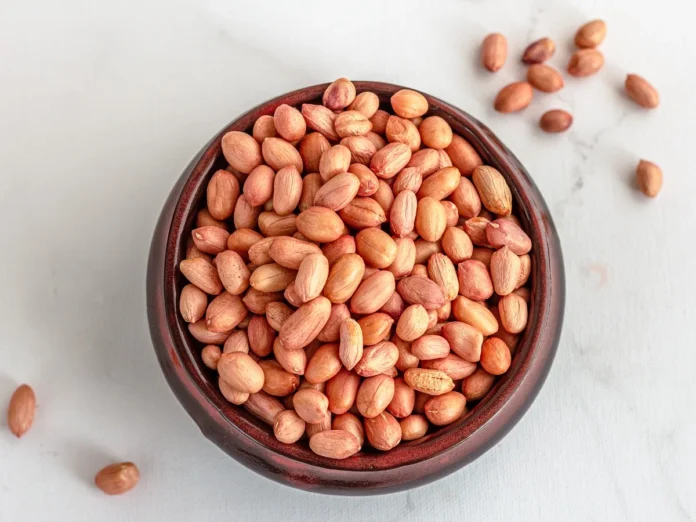Peanuts can be a nutritious snack for many, but they can also pose health risks to certain individuals. Here are five types of people for whom consuming peanuts might be harmful:
1. People with Peanut Allergies
- Reason: Peanut allergies are among the most common food allergies. Even a small amount of exposure can trigger a severe allergic reaction (anaphylaxis), which can be life-threatening.
- Symptoms: Hives, swelling, difficulty breathing, and anaphylactic shock. People with known peanut allergies should strictly avoid peanuts.
2. People with Certain Digestive Disorders (e.g., IBS)
- Reason: Peanuts are high in fiber and fat, which can be hard to digest for people with Irritable Bowel Syndrome (IBS) or other gastrointestinal conditions. This may lead to bloating, gas, or diarrhea.
- Symptoms: Digestive discomfort, cramps, or exacerbation of symptoms related to the digestive disorder.
3. Individuals with Gout
- Reason: Peanuts contain moderate levels of purines, which can contribute to higher uric acid levels. For people with gout, excessive purines can trigger painful joint inflammation.
- Symptoms: Increased joint pain, particularly in the feet and knees, due to elevated uric acid.
4. Those with Kidney Stones (Oxalate-sensitive)
- Reason: Peanuts are rich in oxalates, which can contribute to kidney stone formation in people prone to calcium oxalate stones. This can make existing conditions worse.
- Symptoms: Sharp pain in the abdomen or back, blood in urine, or difficulty urinating.
5. People with High Blood Pressure or Cardiovascular Issues
- Reason: Salted peanuts can be high in sodium, which can raise blood pressure, a risk factor for heart disease and stroke. Those with hypertension should opt for unsalted versions or avoid them.
- Symptoms: Elevated blood pressure, increased risk of heart disease, or worsening of existing cardiovascular conditions.
If you fall into one of these categories, it might be best to limit or avoid peanut consumption or consult a healthcare professional before including peanuts in your diet.



